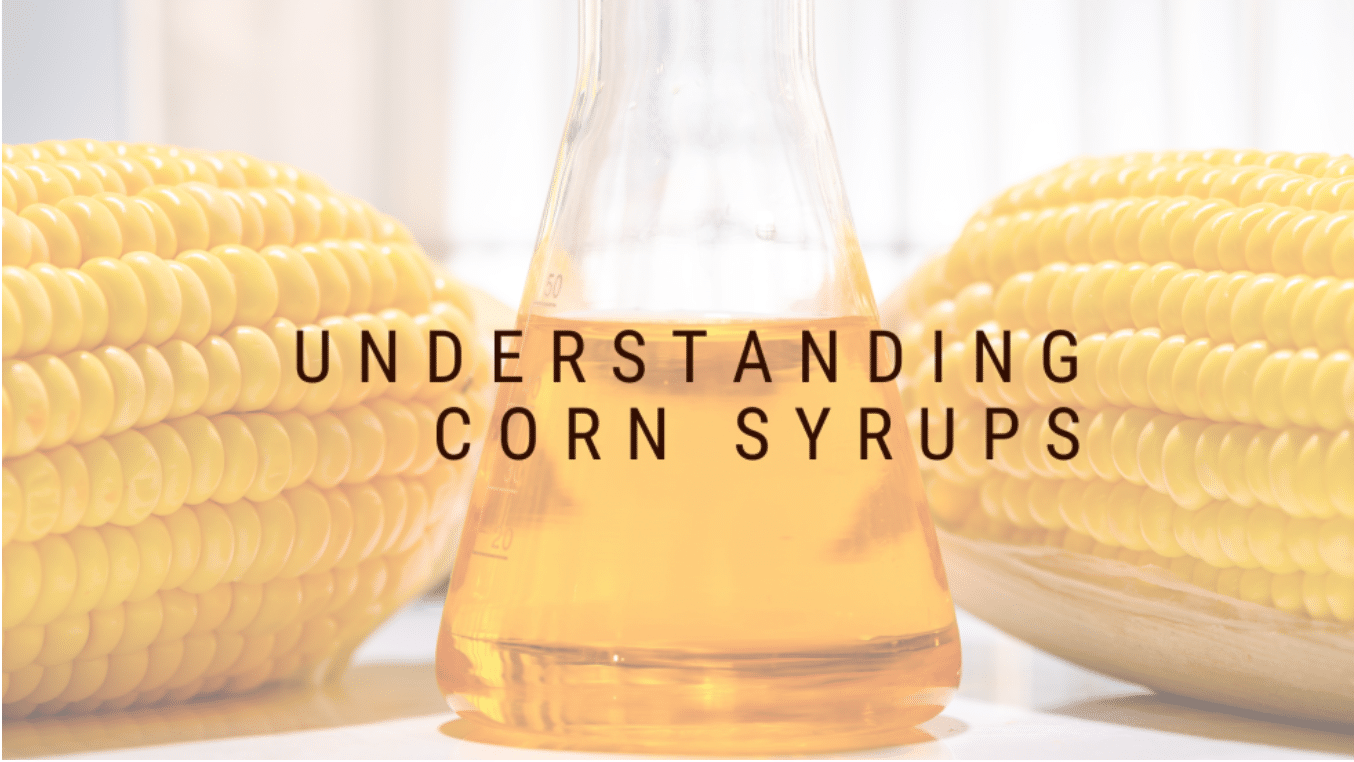
What is Corn Syrup?
Corn syrup is a sweetener derived from corn starch. It’s a ubiquitous ingredient in many processed foods and comes in various forms, each with its own specific properties and uses. Here’s a breakdown of the different types of corn syrups and related products:
- Corn Syrup: A liquid sweetener made from the starch of corn. It consists mainly of glucose and is used to soften texture, add volume, prevent crystallization of sugar, and enhance flavor in foods.
- Glucose Syrup: Often synonymous with corn syrup, this syrup is composed of glucose and is used similarly in food production to add sweetness and improve texture.
- Dextrose: The crystalline form of glucose. It can be derived from corn or wheat and is used as a sweetener in various products, including baking goods and medical supplies.
- Dextrin: A group of low-molecular-weight carbohydrates produced by the hydrolysis of starch. They are used as adhesives, in food, and as thickening agents.
- Maltodextrin: A polysaccharide used as a food additive. It’s produced from starch by partial hydrolysis and is commonly found in processed foods as a thickener or filler.
Why is Corn Syrup Bad?
- High Fructose Content: High-fructose corn syrup (HFCS), a type of corn syrup, contains a high level of fructose compared to regular corn syrup. Excessive fructose consumption is linked to obesity, type 2 diabetes, and metabolic syndrome. Fructose is metabolized by the liver and can lead to increased fat production and storage.
- Empty Calories: Corn syrup provides calories but lacks essential nutrients. Foods high in corn syrup contribute to caloric intake without providing vitamins, minerals, or fiber, leading to poor nutritional quality of the diet.
- Increased Risk of Chronic Diseases: Regular consumption of products containing corn syrup has been associated with a higher risk of chronic conditions such as heart disease, non-alcoholic fatty liver disease, and certain cancers.
- Potential for Overeating: Foods high in corn syrup are often highly palatable and easy to overconsume. The sweetness and texture can make it difficult to recognize satiety, leading to overeating and weight gain.
- Impact on Blood Sugar Levels: Corn syrup, especially glucose syrup and dextrose, can cause rapid spikes in blood sugar levels. This can lead to insulin resistance over time, a precursor to diabetes.
- Presence in Ultra-Processed Foods: Corn syrup is a common ingredient in ultra-processed foods, which are linked to poor health outcomes. These foods often contain additives, preservatives, and artificial ingredients that contribute to an unhealthy diet.
While corn syrup and its related products play a significant role in the food industry due to their versatility and cost-effectiveness, they pose several health risks when consumed in excess. Understanding the different types of corn syrups and their potential health impacts can help consumers make more informed dietary choices. Reducing the intake of foods high in corn syrup and opting for whole, unprocessed foods can significantly improve overall health and well-being.
Stay Healthy and Thrive,
Dr. Katie Thompson, DC, MSTN
Phone
Address
10006 Carrington Pl, Manassas, VA 20109
Hours
Monday 9am to 1pm
Wednesday 9am to 2pm and 4pm to 7pm
Friday 9am to 2pm and 4pm to 7pm
Saturday 9am to 1pm
Disclaimer – Privacy Policy – Terms and Conditions|©Copyright 2023. All Rights Reserved.
